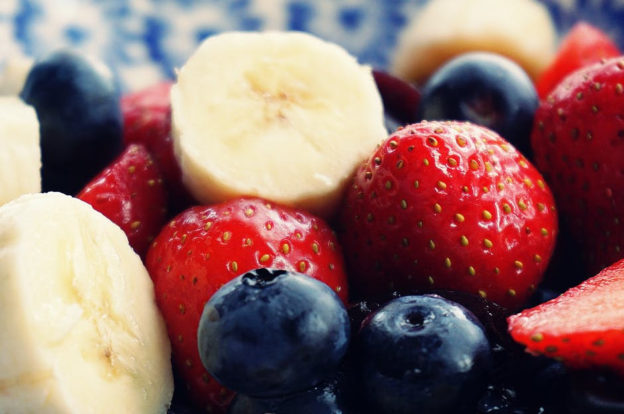Many people associate recovery strictly with the abstinence of drugs and alcohol. However, it involves much more than just stopping the use of these substances. Recovery encompasses holistic healing of mind, body, and spirit. This holistic healing includes your nutritional health—not only the foods you eat but your relationship with food. You may be focused mainly on your relationship with substances, but it is also important to ask yourself, “Why is nutritional health important in recovery?”
Nutrition for Your Body
Your body is the only one that you have. Taking care of your body helps to protect not only your physical and mental health but also your longevity. Having used substances, you may already have put your body at an increased risk for specific health problems. However, by making good choices in the future, you may be able to heal and improve your physical health.
Becoming and remaining vigilant about what you are not putting into your body (substances) and about what you are putting into your body is an enormous step. It not only demonstrates a shift in your physical well-being but a commitment to your overall health. You can work with a nutritionist to choose foods to specifically address nutritional deficiencies that may have been the result of substance abuse. You can also choose foods that help you to overcome cravings by learning which foods and supplements your body needs.
Nutrition to Heal the Mind
Food is widely known to affect our physical health, but have you considered how much what you eat affects your mental health? Too often in substance abuse, particularly with co-occurring mood disorders like depression and anxiety, the mind is not receiving what it needs from the food that you are eating. Additionally, you may have been succumbing to cravings for foods that negatively impact your mental health by affecting levels of serotonin, dopamine, noradrenaline, and other neurotransmitters.
Remaining mindful of how the foods and supplements you put into your body affect your mind will help your brain to heal. Not only can you improve cognitive function by making good choices, but you can actually reduce the number of cravings you experience by avoiding foods that are high in sugar, fats, and salts and eating foods with specific nutrients your mind desperately needs.
Food as a Replacement Addiction
One of the difficulties that many women experience in recovery is replacing their substance abuse with food abuse. Many foods replicate the reward-seeking process in the brain, and misusing foods can indeed become a replacement addiction. Binge eating or overeating is quite common, but other disorderly eating behaviors can also occur. Recovery is not just about abstaining from substances. Recovery is about loving yourself enough to make healthy decisions daily and introducing discipline into your relationship with food.
Your Relationship With Food
Most people do not consciously think about having a relationship with food. The truth is, all of us have some type of relationship with food. What that relationship looks like is a reflection of ourselves, our emotions, and how we treat our bodies. Not unlike substances, giving into cravings or overindulging when you are upset or triggered can be unhealthy. Your relationship with food may also be tied to negative body image issues, in which you may misuse food, purge, overexercise, and more. Like substance abuse, this type of relationship is a medical issue and needs intervention to prevent serious harm.
In the moment, your relationship with food can reflect your emotions and feelings about yourself. Sometimes your eating habits are learned, and you emulate how you have watched family members interact with food. You may have learned to enjoy healthy foods in healthy portions, or you may have learned stress eating, binging, snacking, or generally unhealthy habits. Whatever your relationship is or has been with food, like any other relationship, you have the power to change it.
You Are Enough to Be Healthy
Your mental and physical health is a reflection of how you view yourself. Your nutritional health impacts your recovery, and your relationship with food is based on how you view yourself; all are linked together. You will learn how to eat to heal your mind and body during addiction treatment. You will also have the opportunity to look at how you view yourself within therapy.
As you learn to heal from substance abuse, you will discover that you truly are enough. You are worth caring for your mental and physical health through good nutrition and a healthy relationship with food. You are worth being healthy.
Good nutrition can help heal your mind and body, or it can become a replacement addiction or other unhealthy relationship with food. Making good choices about what, when, and how you eat will help your mind and body function better and help you realize that you are worth it. The Ho Tai Way – Recovery For Women teaches women about nutrition from the lens of their relationship with food and with the help of our nutritionist. In our beautiful Costa Mesa, California, residential treatment facility, you can learn about the healing powers of good nutrition in a loving, nonjudgmental environment. Our therapists will help you to find your way again through a dynamic curriculum that applies the principles of prosperity, wealth, joy, and abundance. Contact us today at (714) 881-8931 to learn more about how The Ho Tai Way – Recovery For Women can help you heal from substance abuse.









